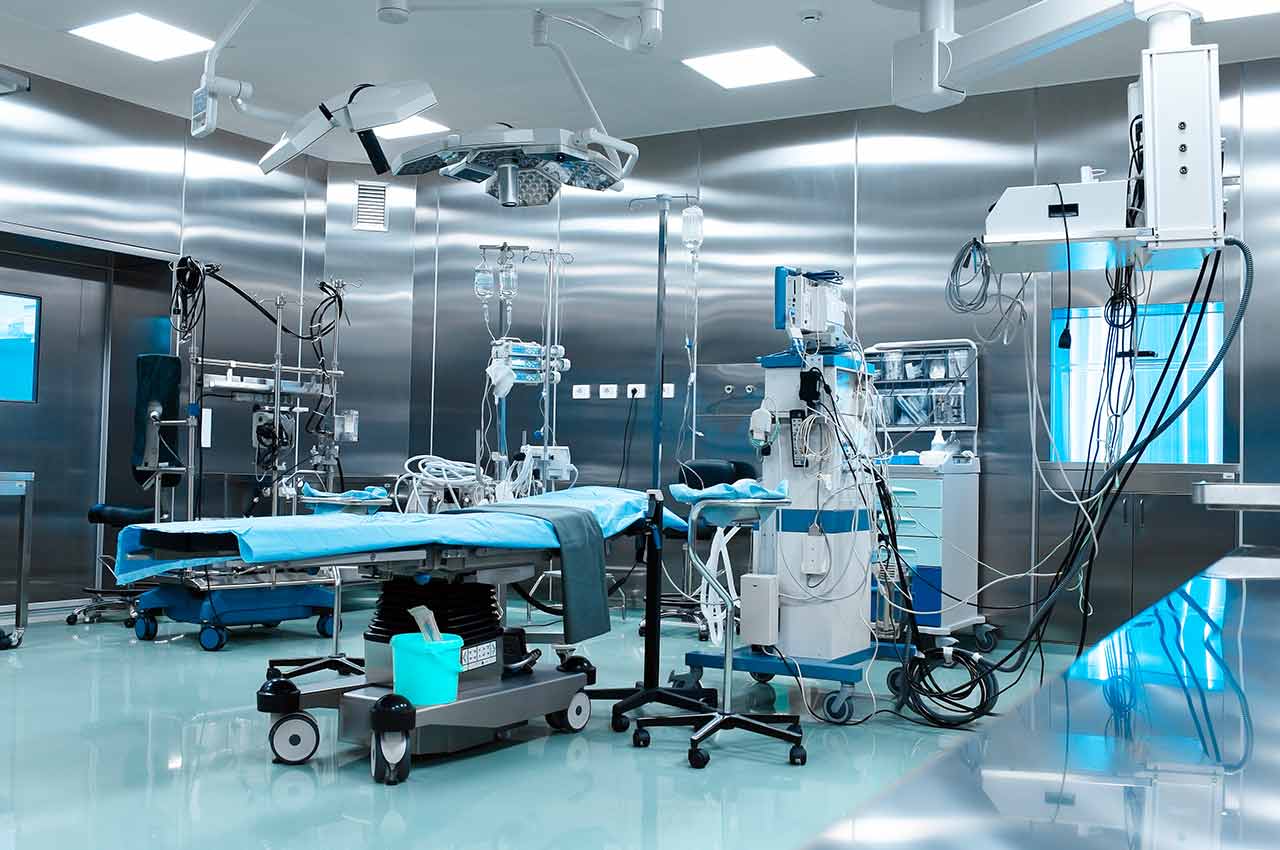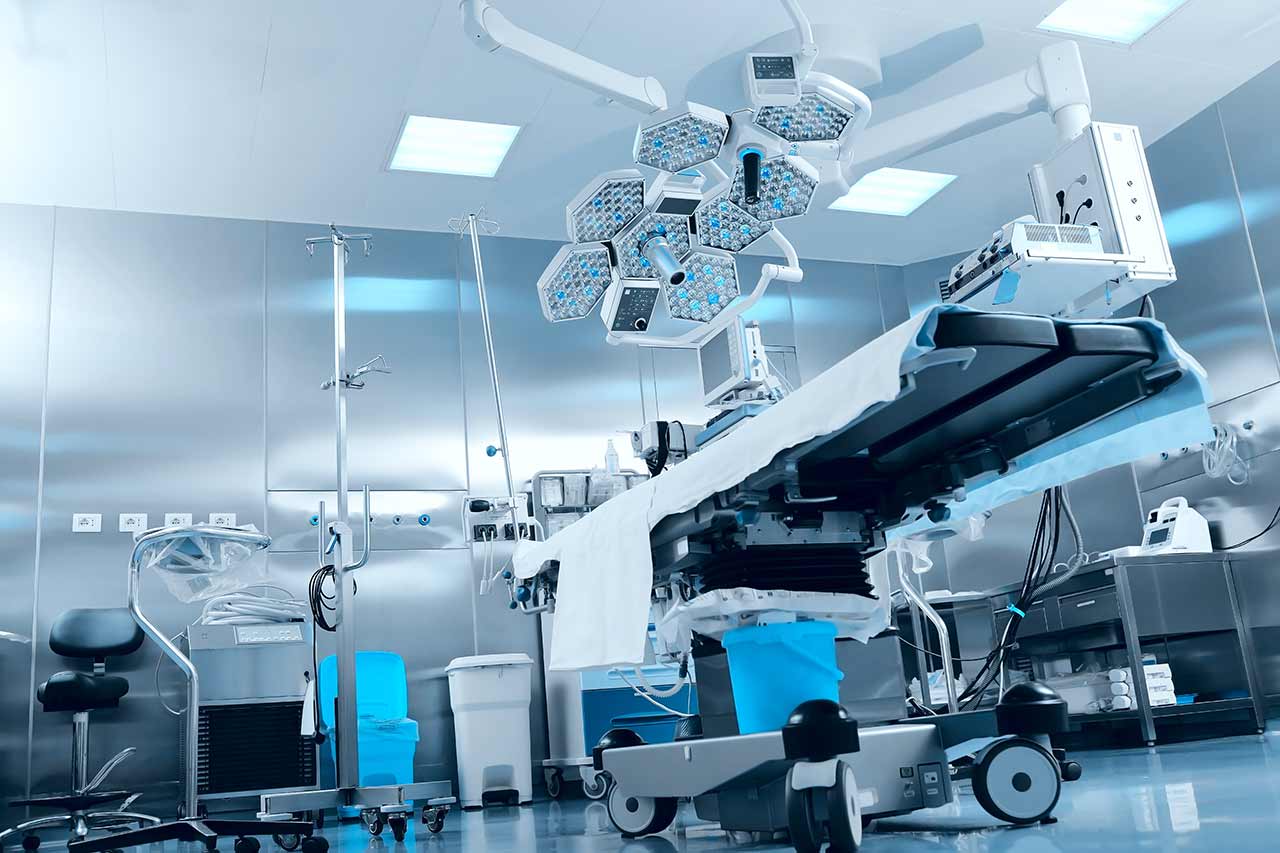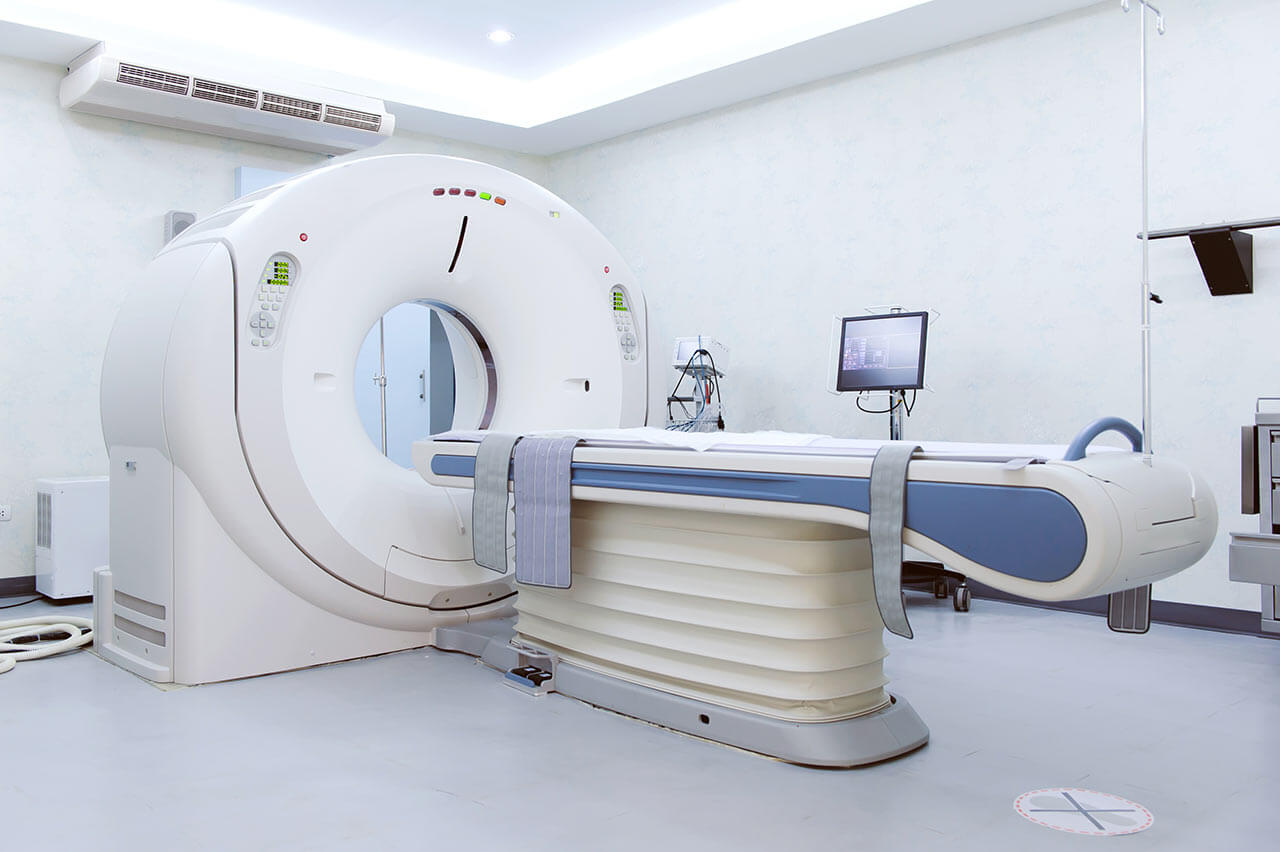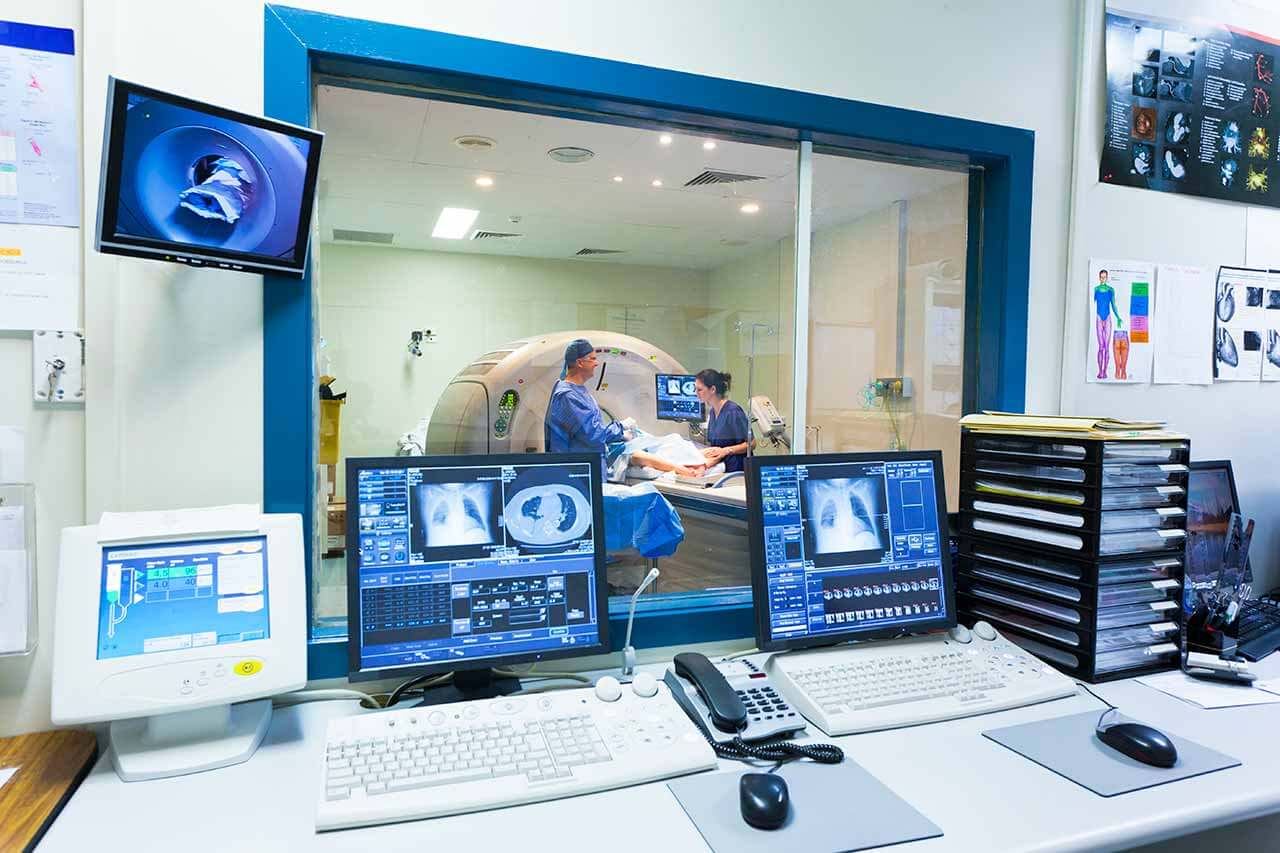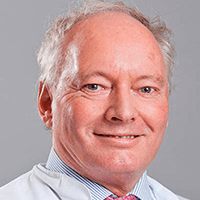
The program includes:
- Initial presentation in the clinic
- clinical history taking
- review of medical records
- physical examination
- laboratory tests:
- complete blood count
- biochemical analysis of blood
- TSH-basal, fT3, fT4
- tumor markers
- inflammation indicators (CRP, ESR)
- indicators blood coagulation
- ultrasound
- PET-CT scan
- vaccination with mature, autologous monocyte-derived dendritic cells
transfected with unselected autologous amplified tumor-RNA - the cost of essential medicines and materials
- nursing services
- consultation of related specialists
- treatment by chief physician and all leading experts
- explanation of individual treatment plan
Required documents
- Medical records
- Biopsy results (if available)
Service
You may also book:
 BookingHealth Price from:
BookingHealth Price from:
About the department
The Department of Dermatology, Venereology and Allergology at the University Hospital Frankfurt am Main offers the diagnostics and treatment of all dermatological diseases. The department specializes in the very latest methods of surgical dermatology, diagnostics and treatment of skin cancer, venous diseases, as well as all diagnostic and therapeutic methods of modern dermatology, including laser dermatological therapy, phototherapy, photodynamic therapy, etc. The treatment of patients with skin cancer is carried out in close cooperation with colleagues from the University Cancer Center Frankfurt. The Chief Physician of the department is Prof. Dr. med. Roland Kaufmann.
One of the department's specialized focuses is the surgical treatment of dermatological diseases. In certain clinical indications, surgery is the only or optimal treatment method. The department specializes in cancer surgery (for example, malignant melanoma, basal cell skin cancer), removal of sentinel lymph nodes, vein surgery (for example, crossectomy with stripping), etc. The surgical spectrum includes all modern options, in particular, microscopically controlled surgery, flap plastic surgery, free skin grafts, etc. Such a variety of surgical techniques provides individual, adapted to each patient treatment regimen.
Skin cancer treatment is carried out within the specialized Skin Cancer Center. Along with the dermatologists, the specialists from other fields, such as radiation therapy or surgery, participate in the treatment process. The center offers internationally recommended treatment for all types of skin cancer using surgical and conservative methods. Other benefits of the treatment at the center are interdisciplinary patient management within the tumor boards, the use of the very latest scientific achievements and methods, the collaboration with related physicians, etc. The full compliance with the international treatment protocols is regularly monitored by the German Cancer Society (DKG) and the German Society of Dermatology (DDG).
The diagnostic and therapeutic range of the department includes the following diseases:
- Inflammatory skin diseases
- Skin neoplasms
- Malignant melanoma, basal cell skin cancer, etc.
- Allergic diseases
- Diagnostics and outpatient surgical treatment of venous diseases
- Chronic open wounds
- Dermatologic surgery and aesthetic plastic dermatology
- Dermatologic laser therapy and phototherapy
- Skin infections
- Diseases of the mucous membrane and skin appendages
- Hemorrhoids and anal eczema
- Diagnostics and treatment of other benign and malignant skin diseases
Methods of surgical dermatology:
- Microscopy-guided surgery (control of the resected tumor edge)
- Flap plastic surgery
- Free skin grafts
- Wound coverings and skin substitutes
- Vacuum-assisted wound therapy
- Removal of sentinel lymph nodes
- Invasive treatment of varicose veins
- Ablative treatment methods (erbium, carbon dioxide lasers, dermabrasion)
- Liposuction
- Different types of local anesthesia, for example, tumescent local anesthesia
- And other surgical techniques
Photo of the doctor: (c) Universitätsklinikum Frankfurt
About hospital
According to the reputable Focus magazine, the University Hospital Frankfurt am Main ranks among the top German medical facilities!
The hospital was founded in 1914 and today is a well-known German medical facility, which combines rich traditions and scientific innovations. A medical team of more than 6,500 employees cares about the health of patients around the clock, ensuring them with the highest standards of medical care and best possible safety.
The hospital has 32 specialized departments and more than 20 research institutes, which have all the necessary resources for the provision of the most effective care for any patient. The hospital has 1,488 beds for inpatient medical care. The medical facility diagnoses and treats more than 51,000 inpatients and about 44,800 outpatients every year. Due to the demonstration of outstanding treatment results, the number of patients seeking medical care here increases significantly annually.
The hospital presents all areas of modern medicine, whereas its special competence lies in neuroscience, oncology, cardiovascular medicine, cardiac surgery and other fields. Many treatment methods available here are unique not only in Europe, but also internationally.
Photo: (c) depositphotos
Accommodation in hospital
Patients rooms
The patients of the University Hospital Frankfurt am Main live in comfortable rooms made in modern design and meeting the highest standards of European medicine. Each room is equipped with an ensuite bathroom with a toilet and a shower. The standard room includes a comfortable, automatically adjustable bed, a bedside table, a wardrobe, a table and chairs for receiving visitors and a TV. If desired, patients can use Wi-Fi. The patients can also stay in the enhanced-comfort rooms.
Meals and Menus
The patient and his accompanying person have a daily choice of three menus. If for any reason you do not eat all the food, you will be offered an individual menu. Please inform the medical staff about your dietary preferences prior to the treatment.
Further details
Standard rooms include:
Religion
Religious services are available upon request.
Accompanying person
During the inpatient program, an accompanying person may stay with you in a patient room or in a hotel of your choice.
Hotel
During the outpatient program, you may stay in a hotel of your choice. Managers will help you choose the most suitable options.
